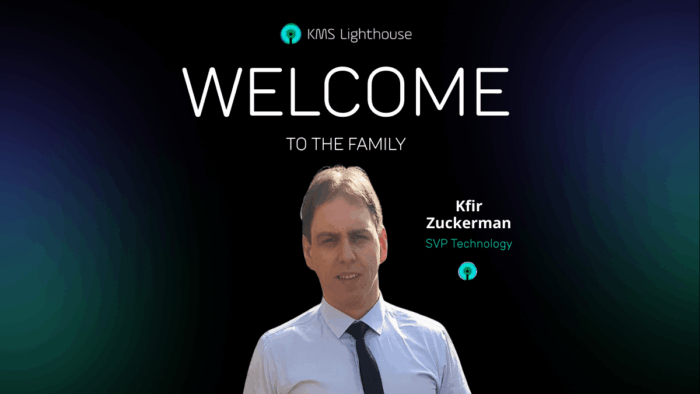KMS Lighthouse was recently invited along with other business thought leaders to take part in a virtual travel and tourism summit hosted by The Economist. Doron Gower, our chief solution architect, was honored to participate and share his insights into how:
- Knowledge management can play a crucial role for organizations undertaking a digital transformation.
- The challenges the industry faces have shifted.
- The concept of remote working is now unparalleled when compared to earlier times.
As travel and tourism organizations continue to navigate the ongoing health crisis, there are a number of key issues corporate leadership must consider as they react to the current business shock and reshape their organizational structure for the future.
COVID-19’s Impact on Travel and Tourism
Tourist destinations around the globe are experiencing huge economic loss from the drastic decrease in travelers. The worldwide numbers are devastating:
- Forecast revenue for 2020 has been adjusted downward to just under $450 billion. That’s significantly less than 2019’s $685 billion and the original 2020 forecast of $712 billion.
- Experts are predicting a loss of at least 100.8 million jobs worldwide (51%), with the Asia-Pacific area being hit the hardest.
- The accommodation industry has suffered huge losses, with nearly seven out of 10 hotel rooms empty across the U.S. as of May 20. Airlines have seen an 80% to 90% drop in ticket sales. And tour operators have been mostly shut down.
Though no one knows when people will be able to once more travel freely, the consensus is the industry will, of course, survive. What it will look like and how it will operate, however, is still not clear.
Knowledge Management for the Travel and Tourism Industry
The hospitality industry is heavily reliant on technology. Bookings, billings, reservations, real-time updates, and online self-help are just some of the customer services that depend on it. The benefits of knowledge management for the travel and tourism industry are many but the current crisis is causing a shift from traditional uses to ones that reflect the increase in remote work.
A great example, says Doron, is the contact center. Today, he says, “each employee is their own contact center,” which means most organizations have gone from a handful of highly-staffed centers to ones that number in the hundreds or even thousands. And if that weren’t challenging enough, the pandemic has caused the number of calls agents are taking to skyrocket. Employees must be given the tools they need to adapt to their own and their customers’ changing situations.
- Customers increasingly want to speak with a live person to get the service, support, and peace of mind they’re looking for.
- Employees working without their “normal desk” still need access to the ideas and concepts they typically relied on.
- Different people such as sales agents, technicians, or even customers, need slightly different types of knowledge.
The biggest challenge by far is quickly finding the right answer at the right time from the right person. KMS Lighthouse is a knowledge management solution designed to make sure all the information an employee or customer needs is readily available. Our tagline, “enhancing every interaction,” is the spirit we live by.
How quickly can KMS solutions be implemented in a crisis situation? A one-week end-to-end deployment includes knowledge base set-up, user onboarding, and 100 knowledge articles that get remote agents up and running with the quick, easy, and consistent answers they need.
Work Effectively Within a Crisis
It’s true the travel and tourism has been the hardest hit industry by COVID-19, but history tells us it has always shown a strong resilience to adapt, innovate, and grow from adversity. As the industry handles current demands and prepares for what lies ahead, there’s a pressing need to adopt new and innovative solutions that empower employees and customers alike. Knowledge management can help organizations deal with crises as they occur and plan for future emergencies while broadening and deepening agent knowledge.







